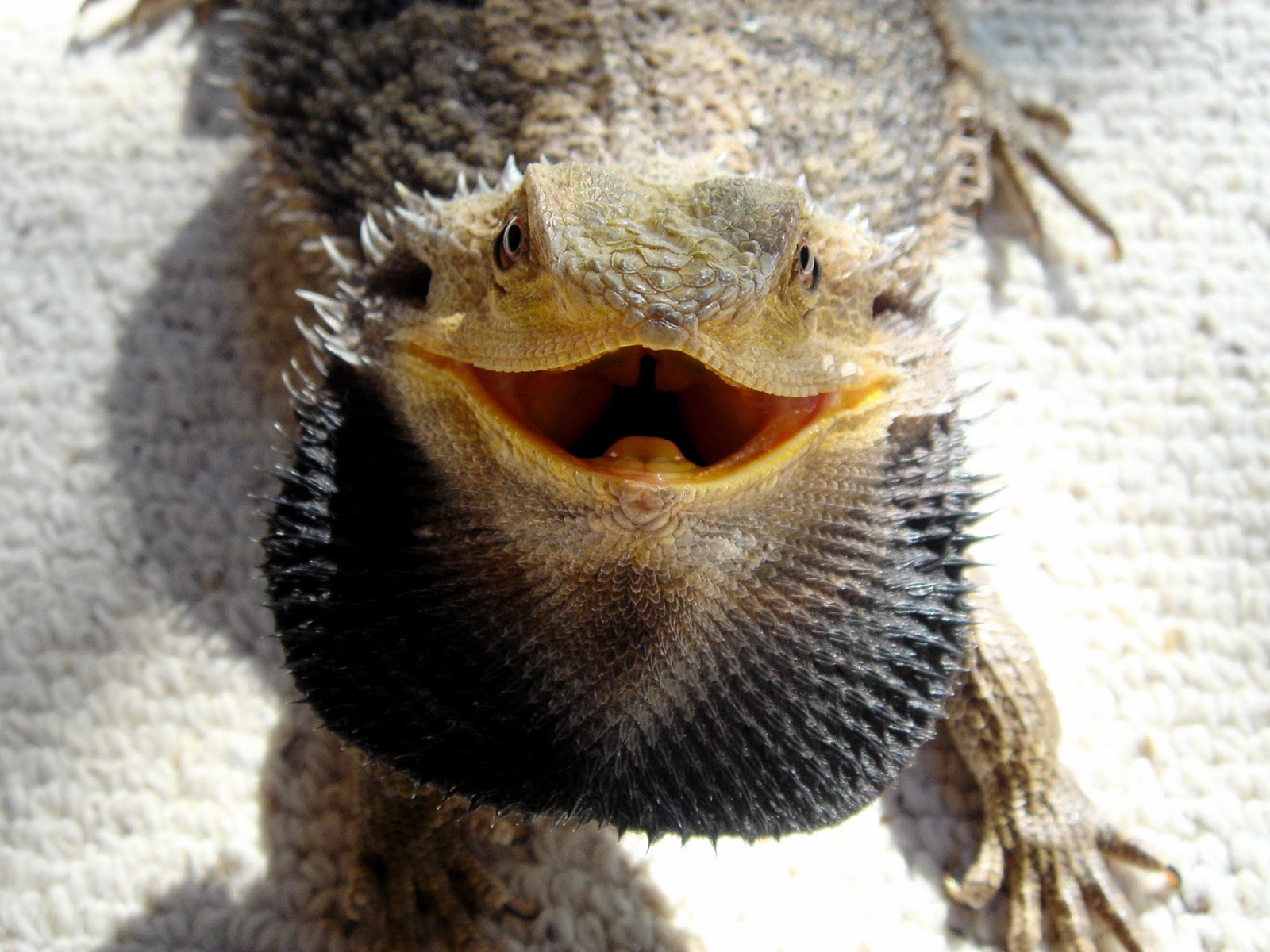The Ultimate Guide to Bearded Dragon Vitamin D3: Benefits, Sources, and Supplements
The Importance of Vitamin D3 for Bearded Dragons

Bearded dragons are a popular species of lizard among pet owners due to their docile nature and unique personalities. However, like all pets, bearded dragons require proper care and nutrition to thrive in captivity. One essential nutrient that often gets overlooked is vitamin D3.
Vitamin D3 is crucial for bearded dragons because it plays a vital role in their overall health and well-being. One of the main benefits of vitamin D3 is its ability to regulate calcium absorption and metabolism in the body. Without enough vitamin D3, bearded dragons may develop metabolic bone disease (MBD), which is a common and potentially fatal condition in reptiles.
Sources of Vitamin D3 for Bearded Dragons
Bearded dragons require a source of UVB light to produce vitamin D3 naturally. In the wild, they bask in the sun to absorb UVB rays, which triggers vitamin D3 production in their skin. However, in captivity, bearded dragons often don’t receive enough UVB exposure unless their owners provide them with proper lighting.
There are two main types of UVB bulbs used in reptile enclosures: tube bulbs and compact bulbs. Both bulb types provide UVB, but tube bulbs are often more effective because they emit UVB over a larger area. The recommended UVB bulb for bearded dragons is a 10.0 tube-style bulb placed 6-8 inches above the basking spot.
In addition to UVB bulbs, bearded dragons can get vitamin D3 from their diet. However, it’s important to note that there are two types of vitamin D: D2 and D3. D2 is found in plant-based foods, while D3 is found in animal-based foods. Bearded dragons require vitamin D3 specifically, so it’s essential to feed them a diet that includes foods with high levels of this nutrient.
Supplementing Vitamin D3 for Bearded Dragons
Even with proper lighting and a balanced diet, it may be difficult to ensure that bearded dragons are getting enough vitamin D3. This is especially true in captive environments where their exposure to UVB may be limited. To make sure your bearded dragon is getting enough vitamin D3, you can use supplements.
There are a variety of vitamin D3 supplements available for reptiles, including liquid drops, powders, and gut-loaded insects. When selecting a supplement, it’s important to choose one that is specifically designed for reptiles and has a high level of vitamin D3. Follow the instructions carefully when administering supplements to your bearded dragon, and always speak to a vet before making changes to their diet.
Signs of Vitamin D3 Deficiency in Bearded Dragons

It’s important to keep an eye out for signs of vitamin D3 deficiency in your bearded dragon, as this can lead to serious health problems. The most common signs of vitamin D3 deficiency in bearded dragons include:
- Soft or rubbery jaw
- Difficulty walking
- Lack of appetite
- Lethargy
- Muscle tremors
- Constipation
- Deformities in bones
If you suspect that your bearded dragon may have a vitamin D3 deficiency, it’s important to take them to a vet right away. In some cases, a calcium injection may be necessary to correct the deficiency, and long-term treatment may be required to prevent it from reoccurring.
Conclusion
Vitamin D3 is a crucial nutrient for bearded dragons that plays an important role in their overall health and well-being. While bearded dragons can produce vitamin D3 naturally through UVB exposure, it’s important to provide them with proper lighting and a balanced diet to ensure they are getting enough vitamin D3. Additionally, supplements may be necessary to prevent vitamin D3 deficiency and related health problems. If you have any concerns about your bearded dragon’s health or diet, speak to a vet for guidance.
